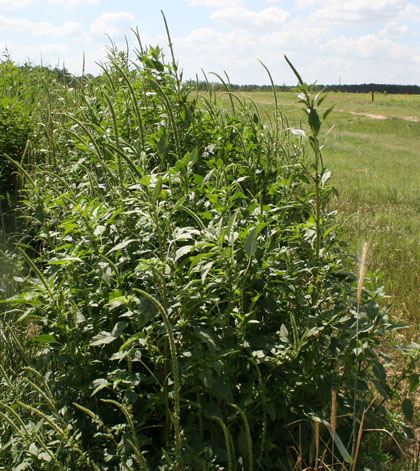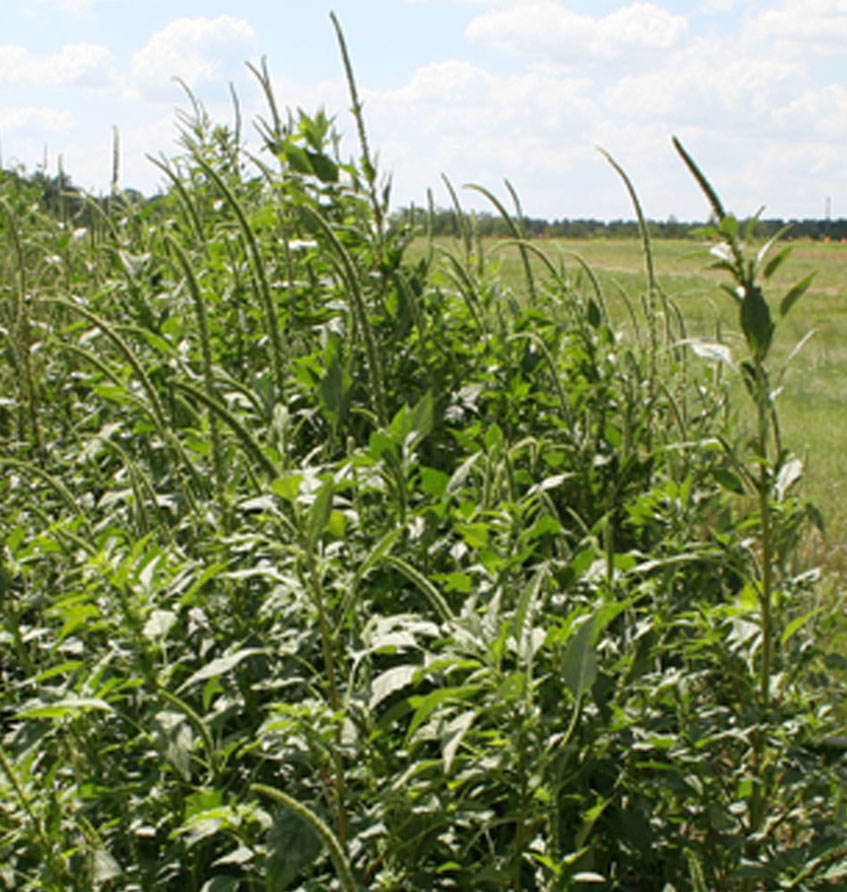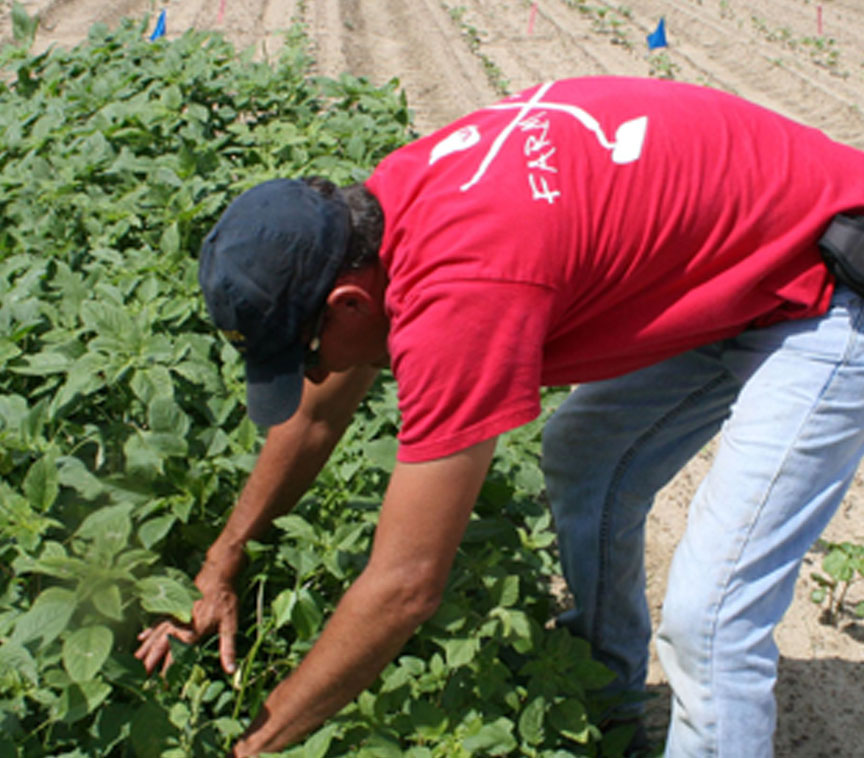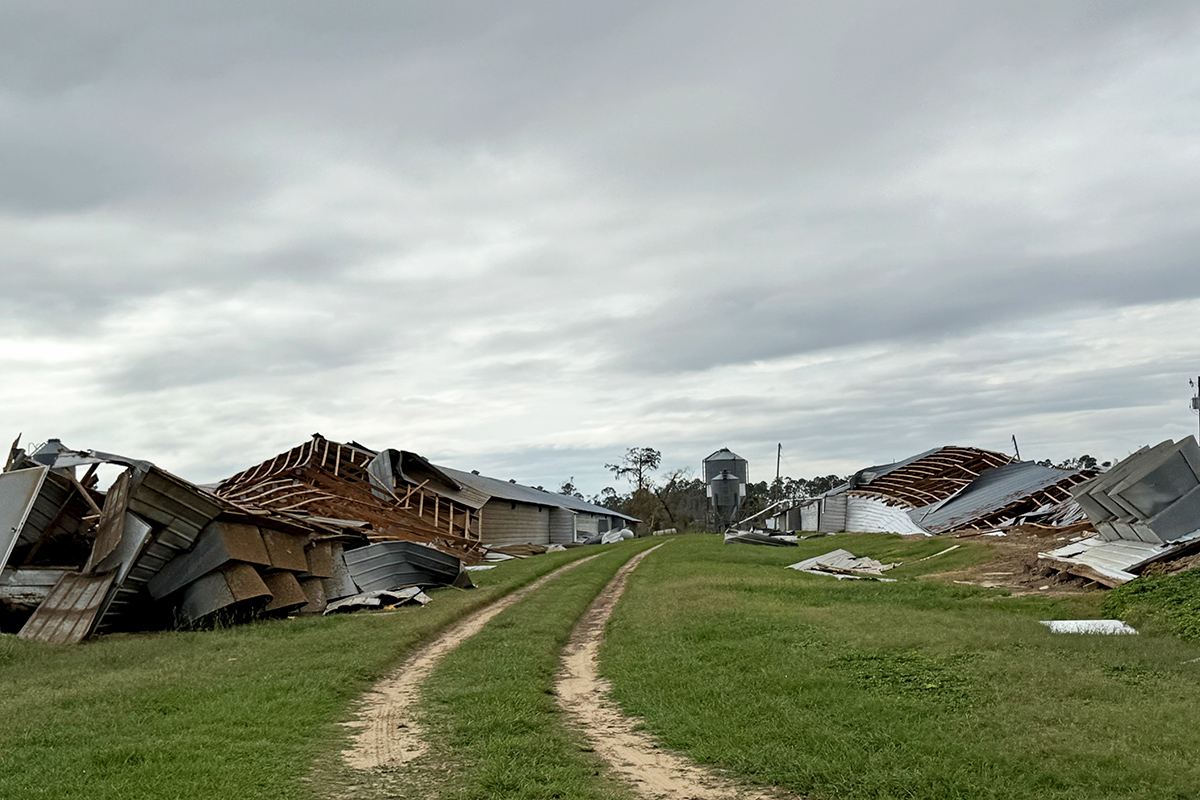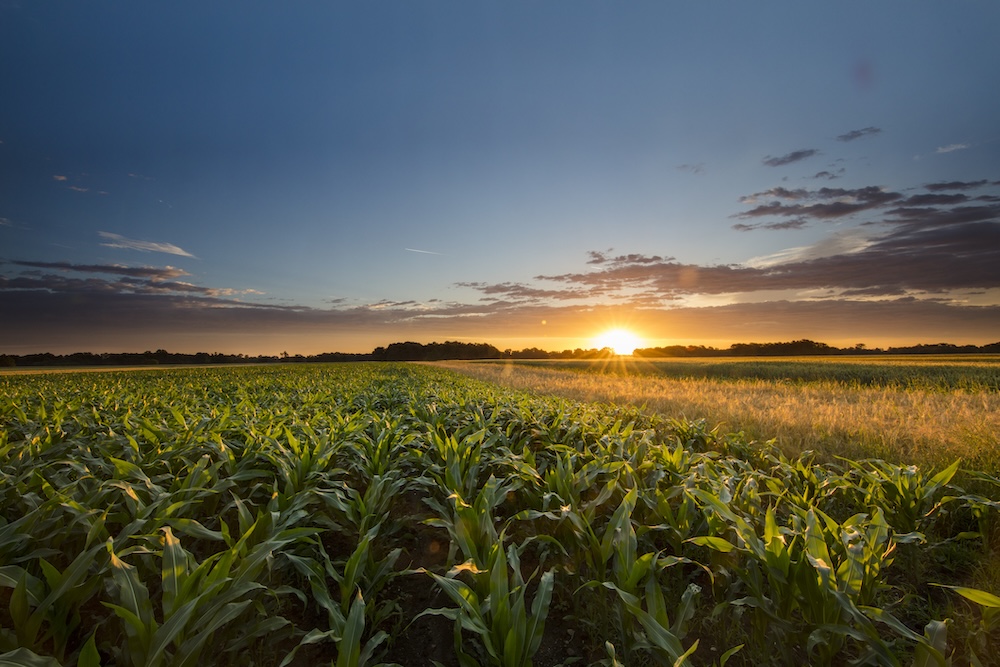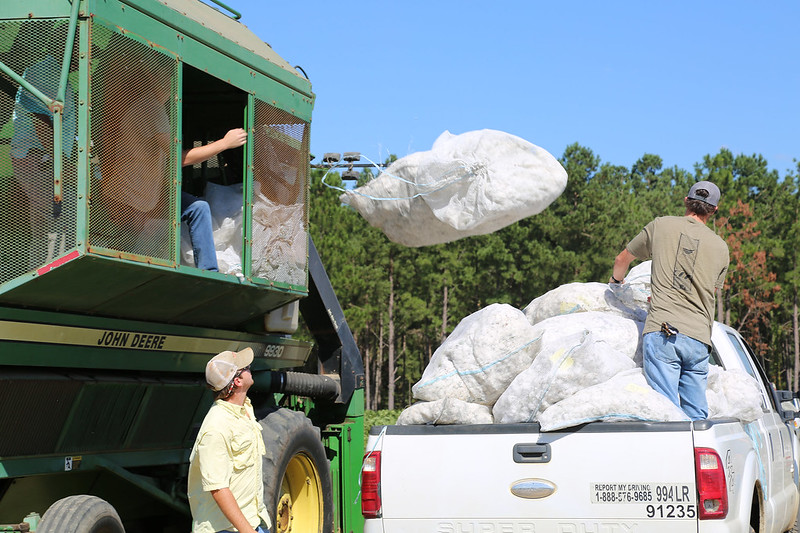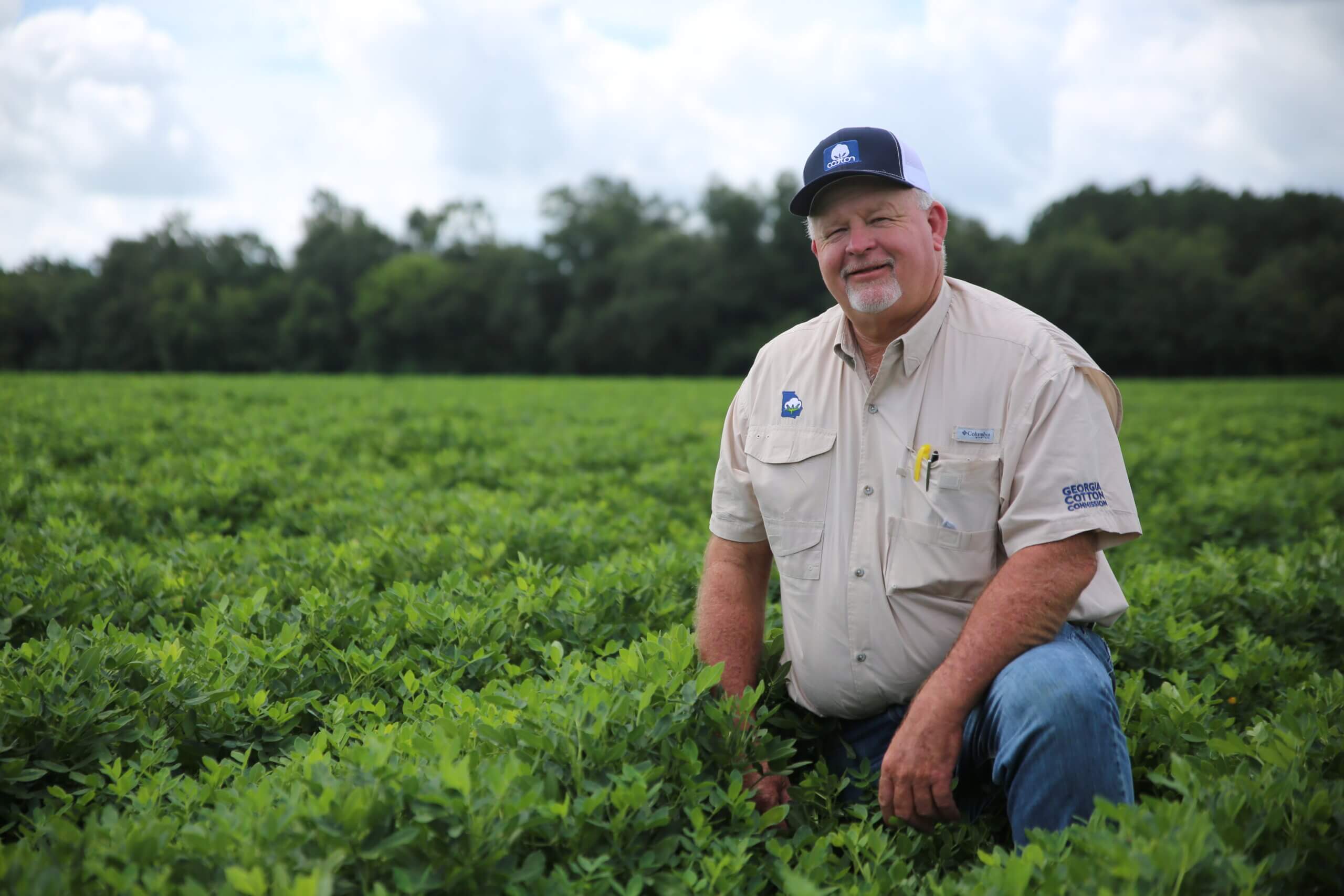Georgia cotton farmers are successfully managing the state’s most problematic weed, glyphosate-resistant Palmer amaranth, by using many methods, including hand-pulling the weed out of their fields. But tackling the weed is drastically cutting into their already limited profits, according to University of Georgia weed scientist Stanley Culpepper.
“When you ask most of our growers if they’re doing OK in regard to managing Palmer amaranth, the answer is, ‘Absolutely not.’ But it’s because of the cost of management, not the methods of management,” said Culpepper, a researcher with the UGA College of Agricultural and Environmental Sciences.
“Overall, we’re doing well except for economics. When you’ve got cotton that’s selling around 60 cents per pound, and the herbicide program or weed management program is costing growers an average of between $60 to $80 per acre, it’s problematic.”
Cotton prices have been slow to increase for almost two years. With the added expense of managing Palmer amaranth, it’s difficult for farmers to make a successful profit with their cotton crop.
“Our management program is working, but it can be a costly expense for our farmers. The bottom line is that cotton prices need to improve soon so expenses don’t prove too much to overcome,” Culpepper said.
Glyphosate resistance was first confirmed in Palmer amaranth in Georgia in 2004. The most destructive adversary to cotton production in Georgia, Palmer amaranth can reproduce at alarmingly high rates. A female plant can produce approximately 400,000 seeds in dryland production. In irrigated fields, seed production can exceed 750,000 per female plant.
While herbicide systems continue to be Georgia growers’ most valuable short-term weapon, their best ally in achieving long-term sustainability is hand-weeding and moving toward sound conservation tillage systems, said Culpepper.
In response to a recent survey issued by UGA Cooperative Extension, 88 percent of Georgia cotton growers reported pulling weeds by hand. While hand-weeding is an important management option for Palmer amaranth, it’s even more critical for long-term sustainability, Culpepper said.
“Palmer amaranth is a big picture problem, but the bigger picture is herbicide resistance. The fact is that we have no new chemistries and we’re losing chemistries rapidly to both resistance and regulatory issues,” he said.
Hand-weeding is one of the most effective ways to avoid management failure due to chemical resistance, Culpepper added.
“If a weed escapes one of those effective chemistries, but we are out there hand-weeding and getting it out of the field so it doesn’t produce any seed, that serves as a win,” Culpepper said.
Culpepper and fellow UGA scientists have spent more than a decade studying how an untreated weed can easily overtake a field. Culpepper believes Georgia farmers should be commended for the difference they have made over the past decade dealing with Palmer amaranth.
“I see no other grower group in the cotton belt that is even close to the level of aggression and management of our growers,” he said. “Our growers are the most knowledgeable on the planet. They’re making progress where others continue to struggle. Grower knowledge is phenomenal. Grower management is phenomenal.”
For more information about the cotton crop in Georgia, see ugacotton.com.

